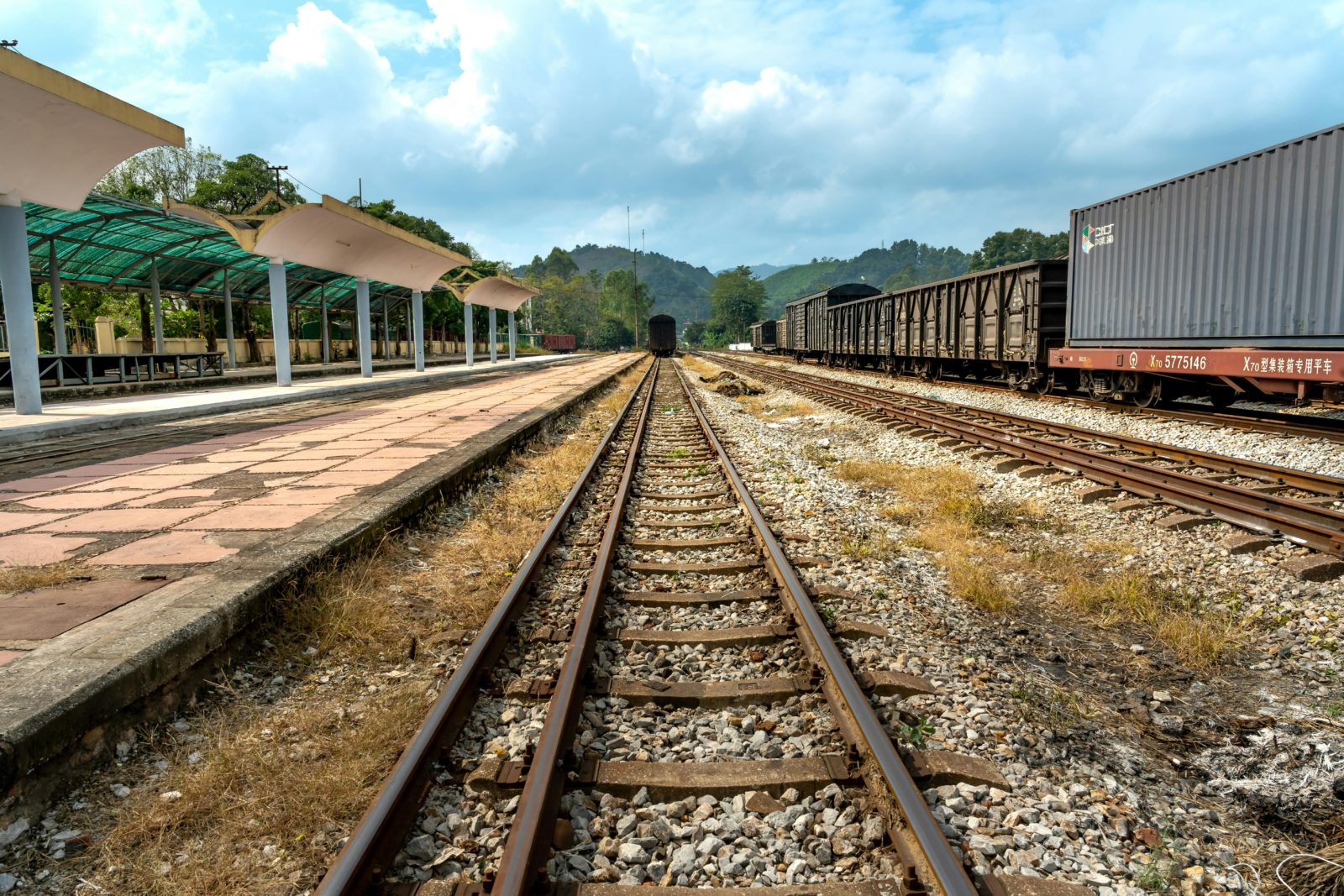While Western Europe has enjoyed high-speed rail for decades and Poland plans to build a rapid rail line from Katowice to the Czech border within two years, the Czech Republic’s ambitious plans for high-speed rail networks are facing yet another setback. Transport Minister Martin Kupka (ODS) recently announced that the project is now delayed by an additional three to five years, with the first high-speed train ride not expected for at least a decade.
The delay affects all major sections of the planned high-speed rail network. For instance, work on the Dresden line, originally slated to begin in 2027, will now start three years later. The Polabí high-speed section, intended to connect Běchovice to Poříčany towards Poděbrady, has been pushed back from next year to 2030, with operations expected to commence five years after that.
These setbacks are not new to the Czech high-speed rail saga. Plans for such networks have been in discussion since the 1980s, with various governments proposing different timelines that never materialized. While projects are now in the design phase, negotiations with regions and municipalities continue to pose challenges, as indicated by Minister Kupka.
The delays are attributed to complex laws, lengthy permit processes, and slow negotiations with regional authorities. A striking example is the simple amendment to the territorial development principles of the Central Bohemian Region for the pilot section of the Polabí high-speed line, which took four years to approve.
Despite these challenges, Minister Kupka remains optimistic, stating, “We will ride a train on a high-speed rail within ten years.” The government is implementing a project management approach and setting performance indicators for railway managers to expedite the process. However, opposition figures like ANO party’s Martin Kolovratník view these measures skeptically, calling for legislative changes to accelerate the approval process.
As the Czech Republic grapples with these delays, transport expert Petr Panský notes that the country is already 30 years behind in high-speed rail construction compared to countries like Spain. He laments that alongside delays, the plans themselves are being downgraded, with some proposed routes being abandoned or designed for lower speeds.









